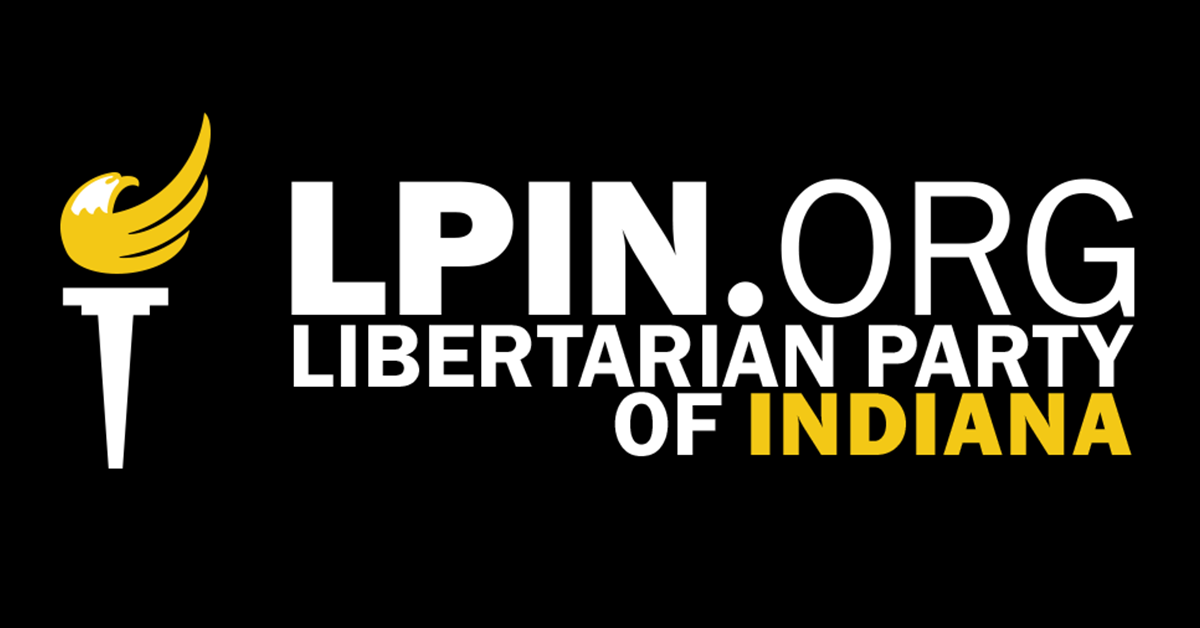A bill intended to “protect children” would effectively make it difficult for all Hoosiers to access Internet content, even if they are adults.
Senate Bill 17 would require any “adult-oriented” website or a website with “material harmful to minors” to install an age verification system and block minors from accessing content.
What it would effectively do would be not just to block children from accessing a website, but also adults.
Government overreach and violations of individuals’ civil liberties are often couched in terms of “protecting the children.” But children are usually shields used to prevent adults from making non-government-approved choices in an attempt to engineer society in government’s image.
This bill has a number of problems, most notably that it is very vague and does not define what an “adult-oriented website” or “material harmful to minors” actually is. It essentially is a modern version of Justice Potter Stewart’s definition of obscenity – “I know it when I see it.”
But without a firm definition, this statute could be invoked to flag and fine web providers producing a wide range of content, including age-appropriate materials some lawmakers might find offensive. We have already seen in the “library wars” that individuals’ definitions of what is age-appropriate are substantially different – to the point where classic and popular young adult books were removed from library shelves because they ran afoul of government censors. The state government has proven itself to not be trustworthy in drawing that line.
Not only that, but SB 17 would have a chilling effect on the availability of content, even for those mature enough to know what they are accessing. Age verification systems are very expensive and an enterprising youth can find a way to get around them. Most companies would simply block Indiana residents from accessing their sites. In turn, that blocks interstate commerce, which will lead to expensive lawsuits the taxpayers of Indiana will have to foot the bill defending.
The penalty for a violation is actual damages or a fine of $1,000, plus litigation damages. Meanwhile, any company being sued cannot defend itself. If a minor manages to access the site using someone else’s information to get around the age verification system, the company is not allowed to retain any identifying information of the person seeking to access the site, creating another legal barrier.
Simply put, it is the job of parents to determine what is age-appropriate for their children, and thus, what is available for them to access online. Parents at home know their children better than faceless bureaucrats and legislators in Indianapolis. Each have their own values, which might – and often will – counteract those the government wants to push. And what one person deems “objectionable,” another would be perfectly fine with. And while those in power would be perfectly fine with them getting to decide what is objectionable, we are always one election away from the pendulum of power swinging and those who find your own values objectionable taking over and enforcing this law.
It is not the government’s role to act in loco parentis. Parents should be able to use the freely available technology to monitor and restrict what their children are accessing online and not cede that control to third parties. This bill would use government to not just restrict children’s access to material, but everyone’s.
Protecting children from what the government deems as “objectionable” or “harmful” is not the job of legislatures and lawyers. It’s the job of concerned parents, not the government nanny state.

